Tom Verducci’s Hall of Fame Ballot: Curt Schilling Gets Vote Again in Final Year of Eligibility

Here are the names I checked on what is my 29th Baseball Hall of Fame ballot:
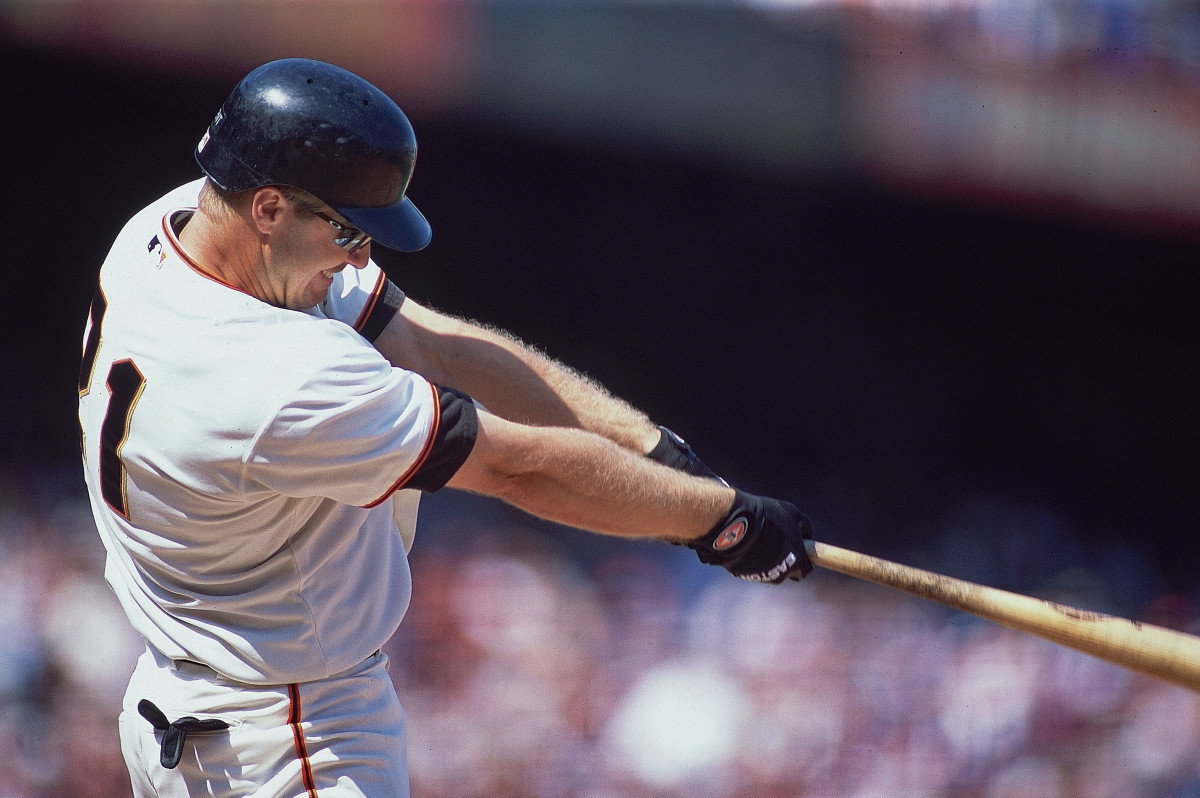
Jeff Kent
He has the most home runs, most 100-RBI seasons and most games batting cleanup by any second baseman in history. He is the only middle infielder in the past half century to hit .300 and slug .500 with runners in scoring position. Among all second basemen, he also is third in RBIs, fifth in doubles and seventh in OPS+.
And yet voters overwhelmingly reject him because “his defense wasn’t good enough.” Hello? Only 10 players started more games at second base than Kent. He was good enough to stay at the position while providing outlier middle-of-the-order offense at second base.
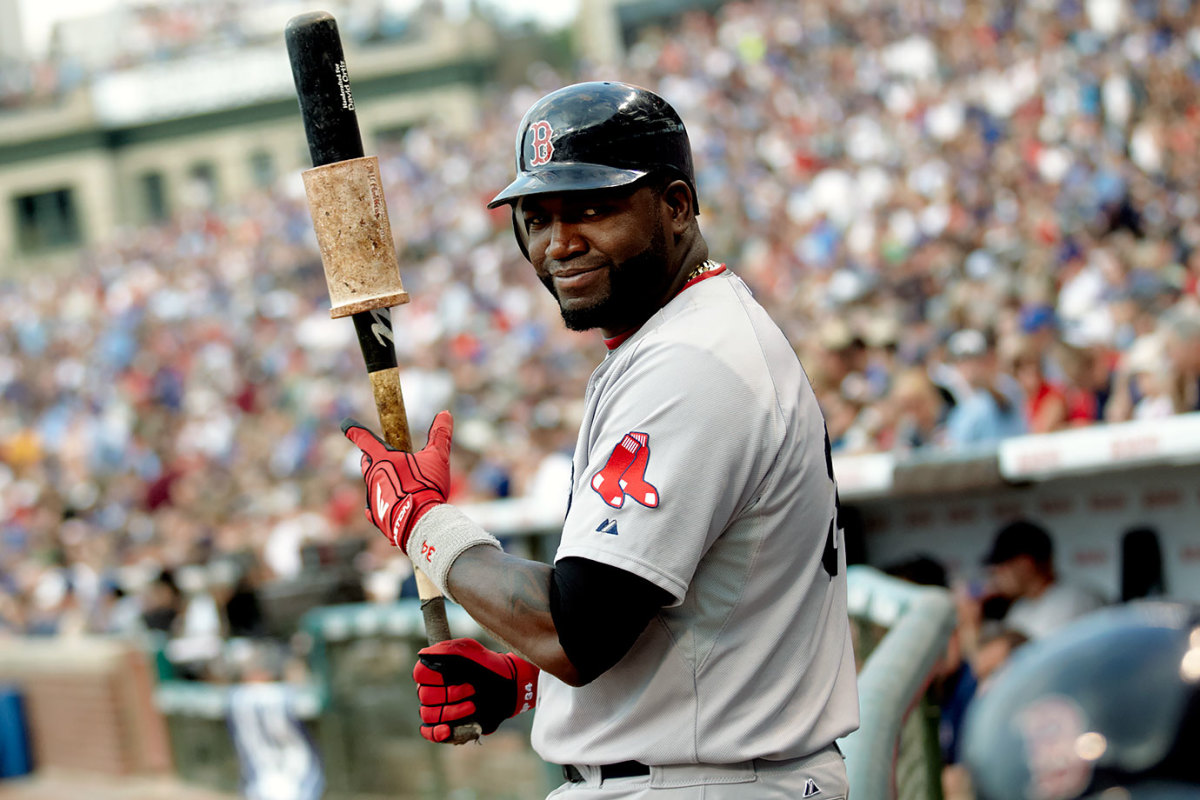
David Ortiz
Among Hall of Famers, Ortiz will rank tied for fifth in extra-base hits (1,192), ninth in doubles (632), 10th in homers (541) and 17th in RBIs (1,768). He slashed .289/.404/.543 in 85 postseason games. By one measure, he was the most clutch hitter in postseason history. He is the postseason leader in win probability added (3.2). No need to get any deeper into the statistical weeds. That’s a Hall of Famer.
Wait. Didn’t Ortiz “fail” a steroid test? No, not officially. Not in the opinion of the commissioner’s office and the MLBPA. The New York Times reported that Ortiz’s name appeared on a list of players who tested positive in a 2003 anonymous PED test. No substance was identified. Scientific questions remained unresolved over at least eight and as many as 15 results on the list.
In a defense of Ortiz not given any other player before or since, commissioner Rob Manfred said, “We were not certain it was a banned substance as opposed to something that was available over the counter. … It was important to make people understand that even if your name was on that list, that it was entirely possible that you were not a positive.” The late union chief Michael Weiner said, “The presence of a player’s name on any such list does not necessarily mean that the player used a prohibited substance or that the player tested positive under our collectively bargained program.”
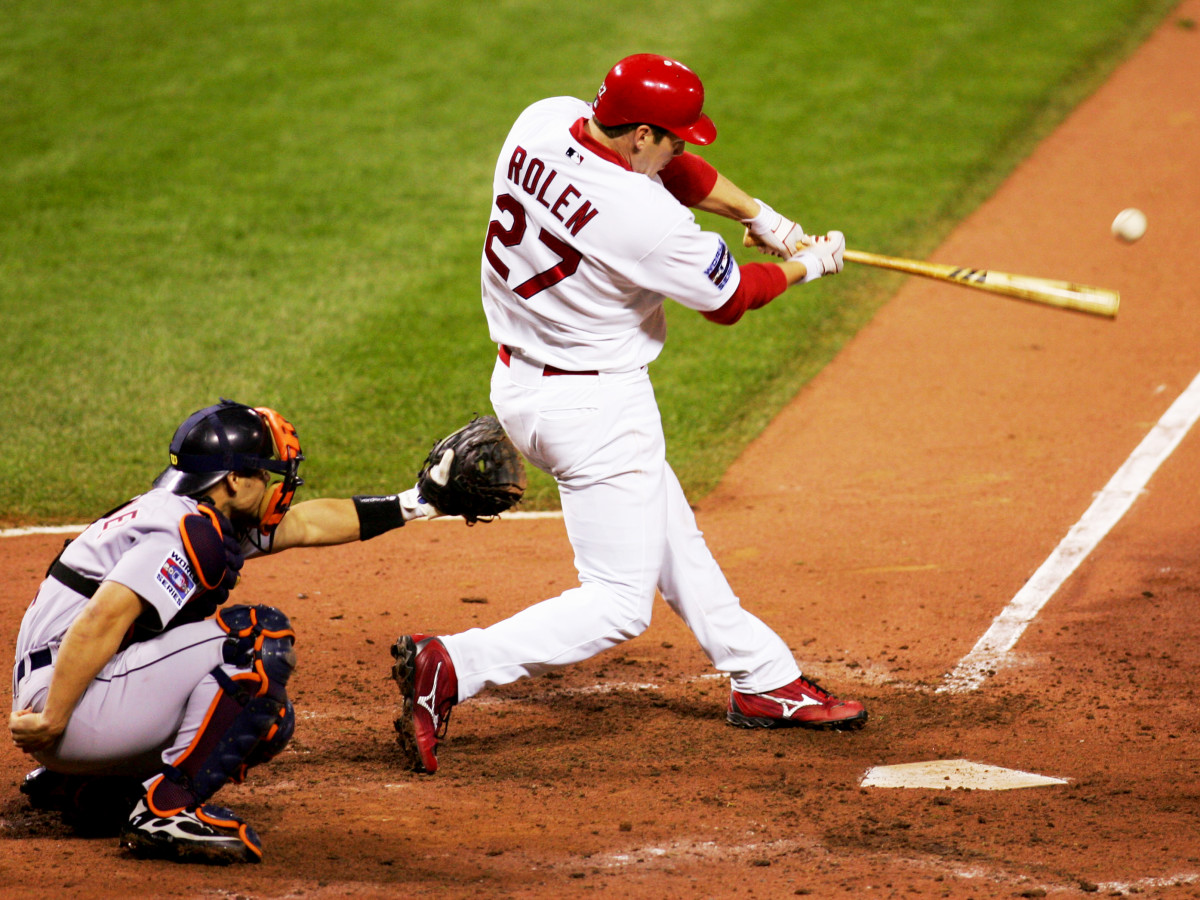
Scott Rolen
I started out thinking Rolen did not play long enough. He took only 8,518 plate appearances. Until 2020, Kirby Puckett was the only player elected by the writers with less than 9,000 plate appearances among all players who debuted after 1947. Then Larry Walker (8,030) was elected.
Rolen fizzled after age 30 because of injuries (90 homers, only three qualified seasons, a 107 OPS+). But—and this is why you keep an open mind and keep digging on players—I found very few third basemen posted more big seasons at the position than Rolen:
Most Qualified Seasons, OPS+ 125 or Greater, Third Basemen
Player | Number of Seasons |
|---|---|
Mike Schmidt* | 12 |
Eddie Mathews* | 11 |
George Brett* | 10 |
Scott Rolen | 8 |
Wade Boggs* | 8 |
Ron Santo* | 8 |
Home Run Baker* | 8 |
Most Seasons, 4+ WAR, Third Basemen
Player | Number of Seasons |
|---|---|
Mike Schmidt* | 13 |
Eddie Mathews* | 13 |
Wade Boggs* | 11 |
Scott Rolen | 10 |
Adrián Beltré | 10 |
Brooks Robinson | 10 |
*Hall of Famer
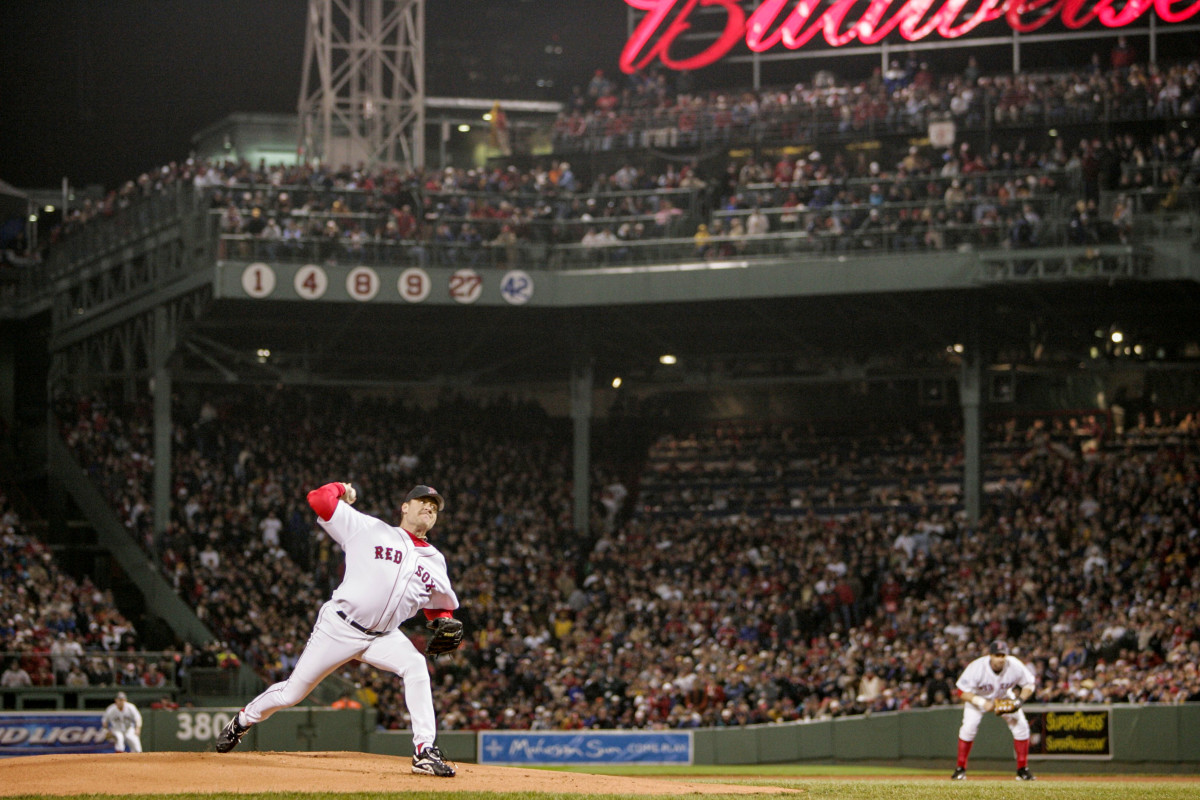
Curt Schilling
He changed history. Schilling played in 12 postseason series. His team won 10 of them. In those series Schilling was 11–2 with a 2.23 ERA. He took the ball five times in postseason elimination games. His team went 5–0 in those win-or-go-home games, while Schilling was 4–0 with a 1.37 ERA. No starting pitcher impacted postseason history more than Schilling (4.1 win probability added).
He is Don Drysdale with a better postseason résumé. Schilling retired with the greatest strikeout-to-walk rate since the mound distance was set in the 19th century. He once struck out more than 300 batters with fewer walks (33) than starts (35). He is one of only four pitchers to strike out 300 batters in a season three times since 1900. The others are Randy Johnson, Nolan Ryan and Sandy Koufax. Schilling should be in the Hall, but he is the best player kept out of Cooperstown because of behavior after his career.
Sign up to get the Five-Tool Newsletter in your inbox every week during the MLB offseason.
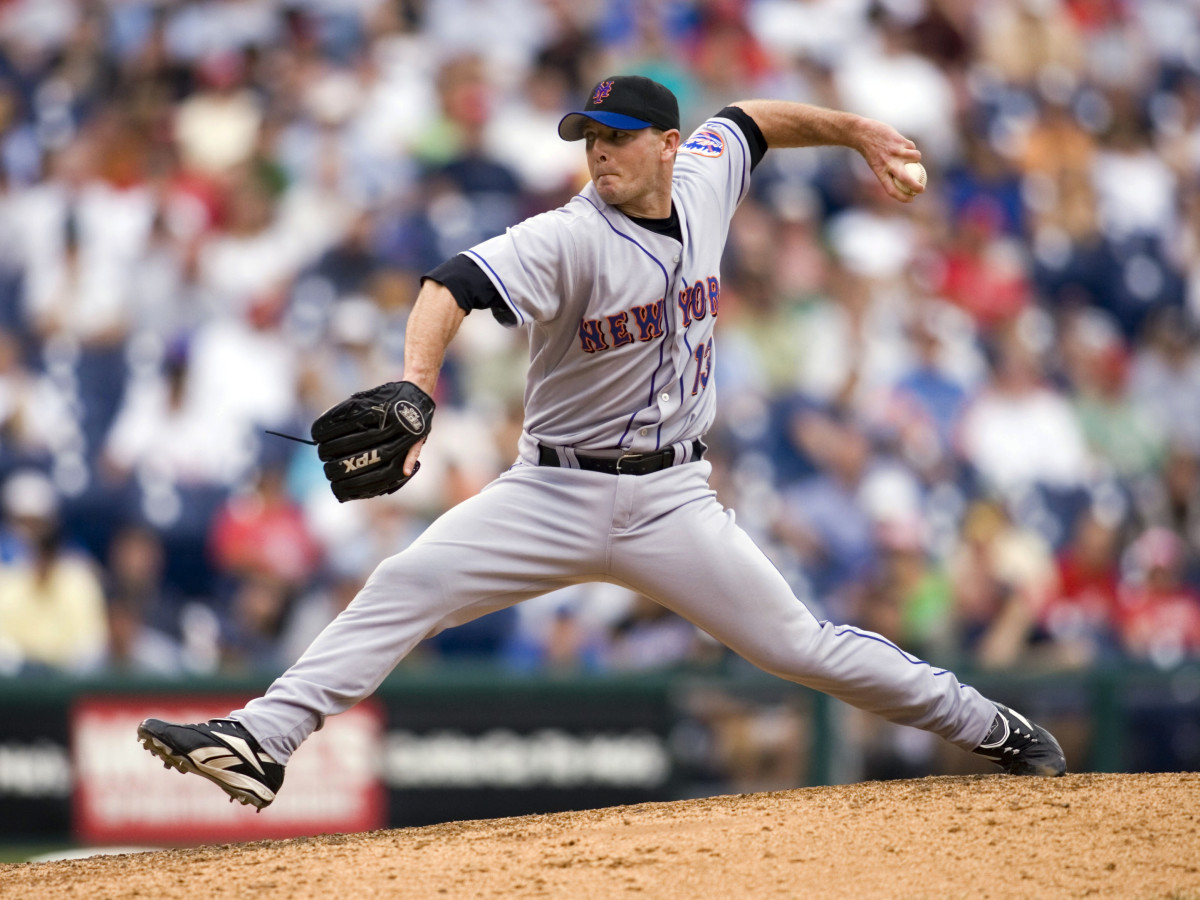
Billy Wagner
This is an admittedly borderline call. Wagner threw only 903 innings, which would set a low for a Hall of Famer (Bruce Sutter, 1,042). He made no impact on the postseason (10.03 ERA in 11 2/3 innings in 14 appearances). He received a total of five Cy Young Award votes (Trevor Hoffman had 53). He ranks 143rd in saves of more than one inning (91% of his saves required three outs or fewer).
So why include Wagner? He was one of the most unhittable relievers at a time when the game began asking less from closers. Among the 1,708 pitchers to throw at least 750 major league innings, Wagner has the highest strikeout rate (11.92) and the lowest batting average allowed (.187) and the second-lowest ERA (2.31) and ERA+ (187) behind only Mariano Rivera, and the second lowest WHIP (0.998) behind only Addie Joss.
More Baseball Hall of Fame Coverage:
• Integrity Still Matters for the Hall of Fame
• Who Should Make the Baseball Hall of Fame?
• Hall of Fame Tracker Is Improving the Cooperstown Conversation
• Revealing My Hypothetical Hall of Fame Ballot
• Bonds, Clemens, Schilling, Sosa Have Two Cracks at HOF in 2022
